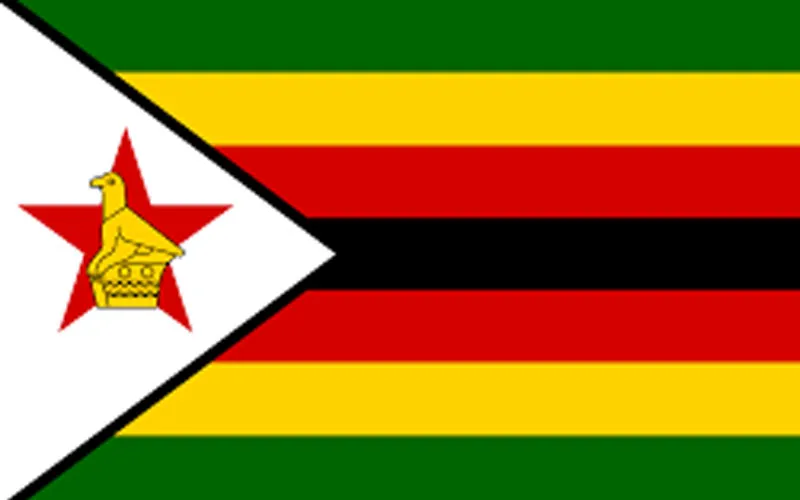“Every citizen is free to be in his family of origin and to retain possession of his or her birth right including land,” the Cleric underscores, and adds, “Lest we forget, land ranked highest among the grievances that motivated the indigenous Zimbabwe’s black majority to launch the second Imvukela/Chimurenga to free the country from colonization.”
Amid the looming eviction of the minority community, Fr. Ndlovu is of the opinion that “the same churches, which were profoundly involved in supporting in the liberation of Zimbabwe from the colonial white minority regime should intervene and defend the Chilonga community from being dispossessed of their land by the Second Republic as if to return the gains of independence back to the former colonial government.”
“The question that lingered in the mind is, ‘Should the Chilonga community give civil obedience to the legislation?’” he poses and referencing the alleged intended use of the land for commercial production of lucerne grass for cows, he observes, “Surely people’s lives cannot be treated of less value as compared to dairy cows.”
In his consideration, “The need for stewardship of the goods of creation within the community and custody of land cannot be sacrificed on account of commercial prosperity by the few elite.”
That the Chilonga community has “an inherent right to be where it is, the inherent right to be consulted prior to the promulgation of orders which gravely affect them” is the reason why people from various quarters are standing in solidarity with them, he notes.
He describes the move to evict the people as “insensitive, inconsiderate and void of any moral basis.”
In the report entitled, “Examining the eviction saga of Chilonga Community with the lenses of The Social Teaching of the Church,” Fr. Ndlovu who is the Director of Emthonjeni Pastoral Centre in Bulawayo Archdiocese bemoans the fact that this is the second time the Chilonga people are being evicted from their land after the 1960s evictions to pave way for Gonarezhou National Park.
“The first forced eviction was committed by the colonial government; this time it is effected by same community’s government, which should rather be safeguarding the dignity and fundamental rights of its citizens so that people should live in freedom and enjoyment of a happy, peaceful and fulfilling life as enshrined in the Constitution of Zimbabwe,” he recounts.
In addressing the eviction issue, the member of the Clergy of Bulawayo Archdiocese makes reference to the Social Teaching of the Catholic Church.
The Catholic teaching, he says, “warns against the treachery hidden within a development that is only quantitative, for the ‘excessive availability of every kind of material goods for the benefit of certain social groups especially those with capitalistic tendencies.’”








